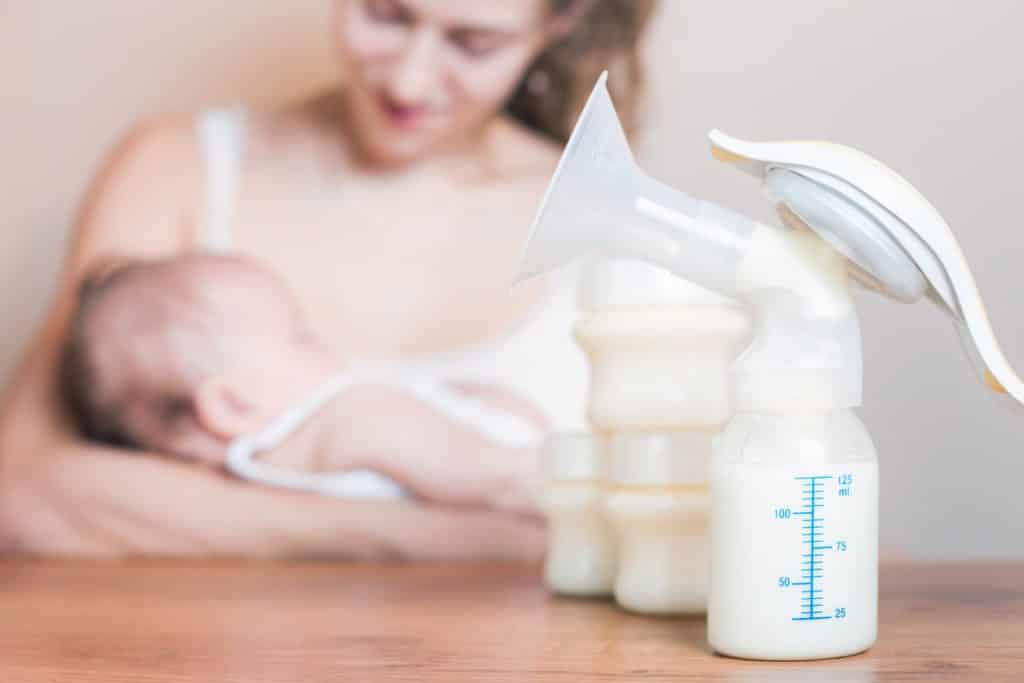The topic of Egg donation often lingers in the shadows, draped in myths and misunderstandings, leaving all of us feeling uncertain or uneasy. As women in their twenties navigate the complexities of motherhood, it’s crucial to shed light on the truths behind the myths surrounding egg donation. Below are five misconceptions and the reality behind this unique and impactful process.
Myth: Egg donation is a one-way ticket to fertility woes and health issues
Contrary to popular belief, some studies report that egg donation is not linked to health issues including infertility, breast cancer and ovarian cancer. In turn, the process of donating eggs can help to evaluate reproductive health. It may unveil valuable insight into a donor’s ovarian reserve, assess if they are carriers of recessive genes and may influence the path to their fertility in the future.
In terms of a donor’s fertility, it’s important to understand the doctor only has access to the eggs designated for that specific month, with no ability to retrieve eggs from future months.
Myth: Egg donors solely contribute for selfless, non-financial reasons
With the rising costs of inflation, it would be disingenuous for us to believe compensation for egg donation does not play a significant role in why a donor chooses to donate. Let’s face it: it feels good to help, and some donors use their compensation to save for their egg-freezing process.
As an egg donor, the compensation you receive is not a price tag on your biological essence; it is compensation for your time, dedication and the immense significance of the contribution to someone else’s journey into parenthood. The choice to donate eggs is a fusion between the desire to contribute to a cause beyond yourself while gaining financial growth to elevate one’s own life—a symbiotic relationship.
Note: Compensation for egg donation is illegal in Canada and the donor can only be reimbursed for out-of-pocket expenses. Donors can be compensated in the US.
Myth: The illusion of anonymous egg donation
Throughout the years, egg donation has undergone a transformative change, and one of the most significant changes is the move away from anonymity. In the past, the process was often shrouded in secrecy, with donors and recipients having minimal information on each other. The contemporary landscape is leaning toward embracing transparency and open communication.
Reasons for this change include genetic linking companies like 23andMe, legal and psychological impact on future children and the rise of the internet. This shift in egg donation aligns with the broader societal trend towards transparency and the desire to have a deeper understanding of genetic and familial connections.
Myth: Egg donors are exploited
Don’t be mistaken: egg donation transcends the misconception of exploitation. It is a voluntary yet empowering choice that’s rooted in informed and compassionate consent. It’s not a narrative of coercion but rather a collaborative effort to turn dreams of parenthood into reality with the help of a donor.
To avoid egg donor exploitation, there are safety measures put in place, such as age restrictions, psychological evaluations to make sure the donor is in a good head space to donate and legal contracts to protect both parties throughout the process.
Myth: Egg donation is a taboo topic
Breaking the silence around egg donation is crucial. It’s not a topic reserved for whispers in dark corners. It’s a conversation about generosity, choice and the incredible impact one can have on someone else’s life. Embracing openness dismantles the taboo and fosters understanding.
As we usher in the new generation, let’s not shy away from the world of egg donation. By debunking these myths, we’re actively working towards shaping a narrative that embraces the power of choice and compassion.
Authors:
Plum Egg Donor Agency is a fertility clinic based in Las Vegas, NV. Owners Amity Herrera, PA-C, and Jennifer Busque, have over 30 years of combined experience in reproductive endocrinology. Jennifer is an entrepreneur in the gestational carrier industry with 15 years of clinical experience in reproductive endocrinology—she knows the ins and outs of both patient and administrative care.
Amity is a certified physician assistant in reproductive endocrinology. Amity’s connection to her work is deeply personal—after multiple rounds of IVF she was blessed with a beautiful child from an egg donor. With a passion for building understanding and empowerment surrounding egg donation, Plum Egg Donor Agency has a mission to help connect intended parents to potential donors.

 PARENTING TIPS
PARENTING TIPS PREGNANCY
PREGNANCY BABY CARE
BABY CARE TODDLERS
TODDLERS TEENS
TEENS HEALTH CARE
HEALTH CARE ACTIVITIES & CRAFTS
ACTIVITIES & CRAFTS

![40 Festive Thanksgiving Activities for Kids [5 Year Olds & Up] 40 Festive Thanksgiving Activities for Kids [5 Year Olds & Up]](https://kidsactivitiesblog.com/wp-content/uploads/2020/11/Thanksgiving-Crafts-and-Activities-for-Kids-Kids-Activities-Blog-FB.jpg)

